The Hot Seat
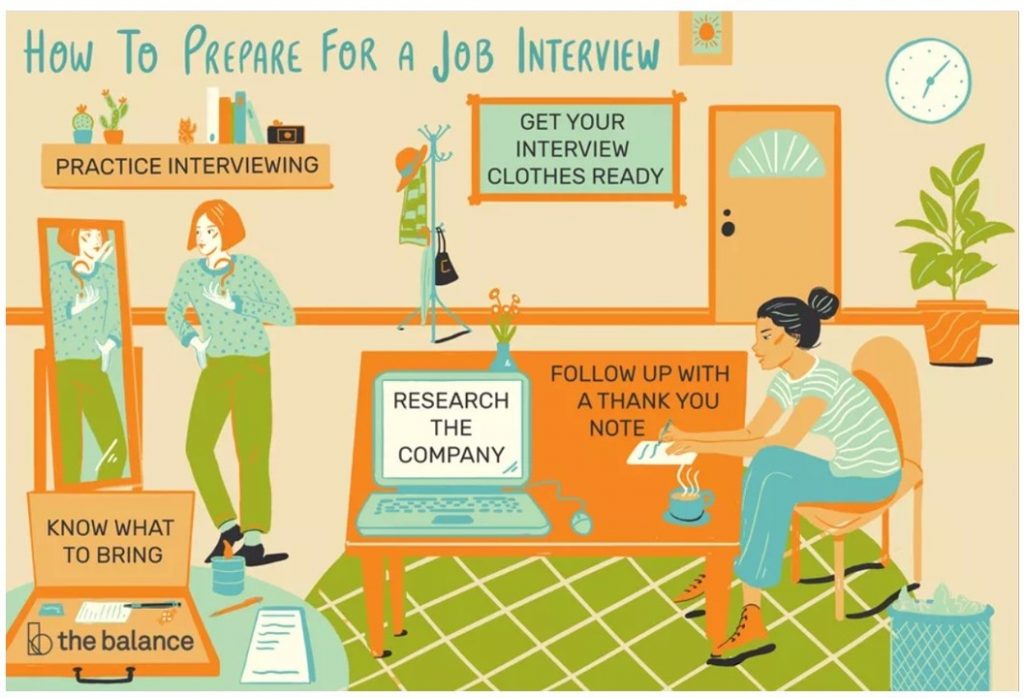
Everyone feels the same way going into an interview, butterflies in the stomach and the fear of a sudden mind blank. However, this semester my workplace learning module provided me with the opportunity to prepare for a simulated interview, applying for a Teacher of English job in The Totteridge Academy. This experience provided me with an invaluable insight into interviews that I will be taking part in when I complete my PGCE next year. The simulated panel interview is a crucial and extremely useful aspect in preparation for any interview (Murphy 2015). Throughout this blog I will use Gibbs reflective model to explore and evaluate the preparation and execution of my interview.
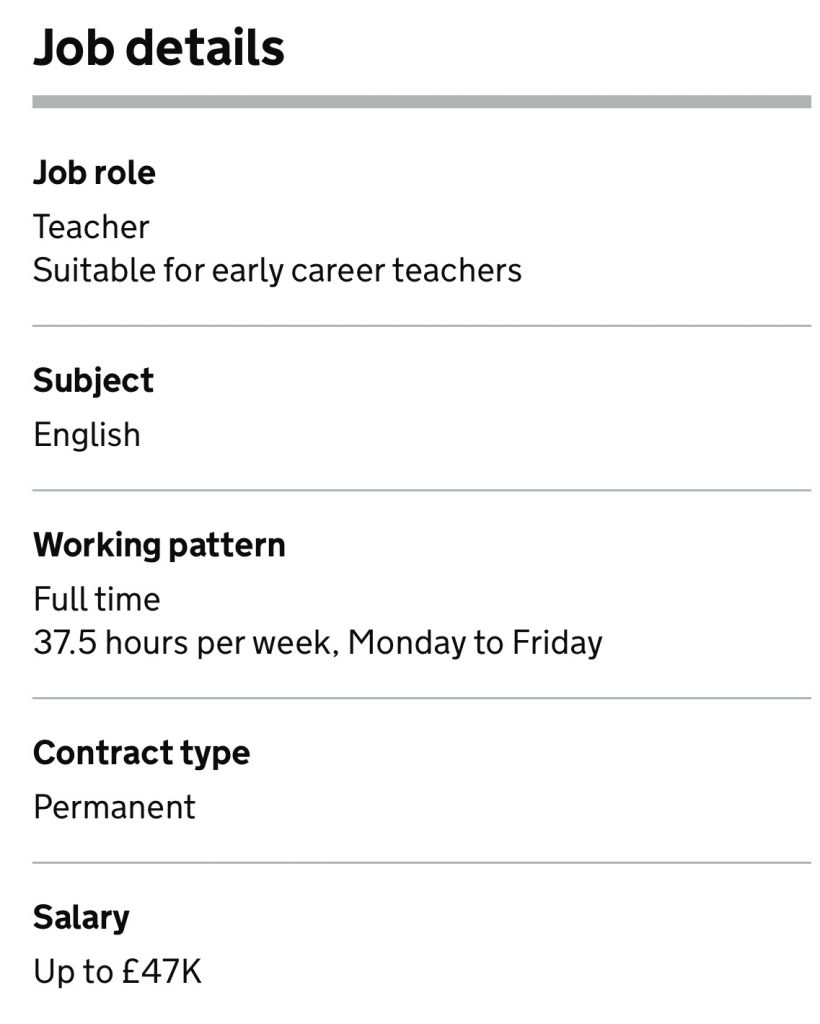
We had to choose a job advertisement to base our interviews on, I choose an English teaching job at Totteridge Academy in London. The job description showed what was expected from me during my interview. My preparation began after I read through the description, I knew the school were looking for someone, “who motivates and inspires our students with their passion for English.” This provided me with the groundwork to start my preparation.
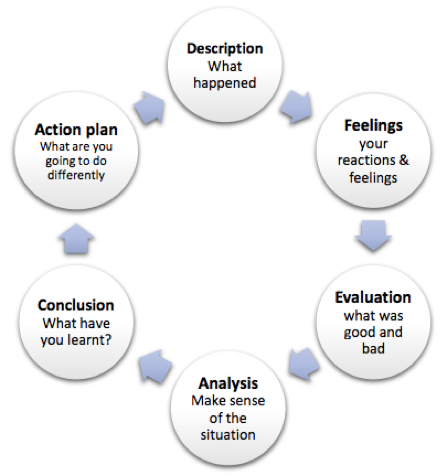
An online survey I found says that 92% of candidates think the mock interview is the most critical prep experience [1], so I knew that I had to make the most of this opportunity. Thank goodness for the wonderful Emma Lennox who provided me with an excellent starting point on my preparation. Make everything about me. The driving force of the Totteridge Academy teaching job was passion, so that’s what I had to convey in my interview. It was time to break out the recording app and listen to myself talk about myself, its as cringy as it sounds. It’s the technique I used for my Queens PGCE interview, and it worked then so I was hoping it would do the trick again. A flashcard and a voice note for every possible topic I could think of and that was me ready to go.
Feelings
They say that 33% of employers make the choice to accept or decline a candidate within the first 90 seconds of an interview [2], that always scared me the most. I didn’t want to fumble at the gates. My biggest fear was the freeze, I know that I’ve learnt my answers, but a mind blank and staring of into the void is a constant threat looming in my mind. However, while I was outside the room, dreading the call into the hotseat, I played it cool and calmed myself down, and went into my interview with an air of confidence.
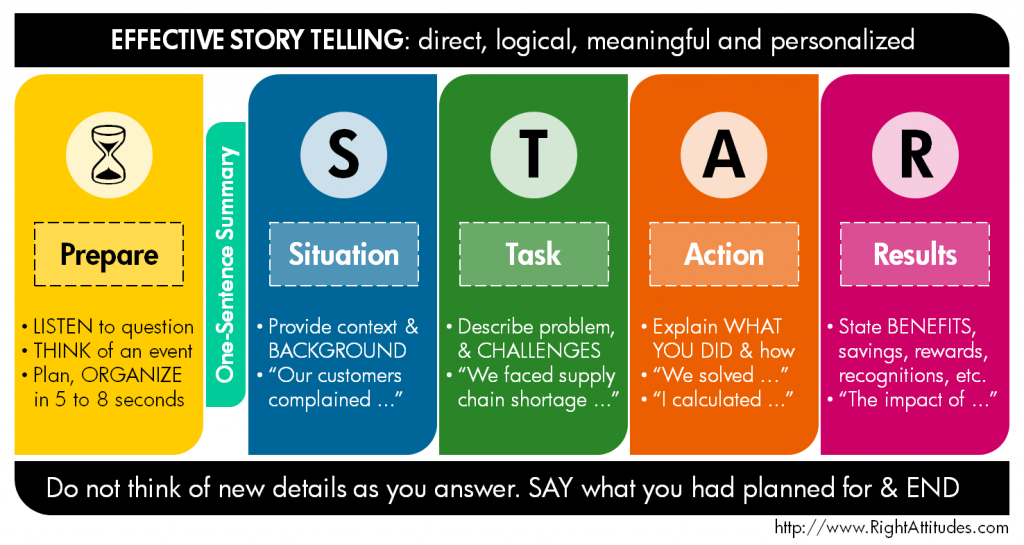
Evaluation
Reflecting on the interview, as much as a blur as it was, I was rather happy with how the experience unfolded. I said everything I wanted to say, and I even got a few laughs from across the table, which is always a plus. The structuring of my answers using the STAR technique (Again thank you Emma Lennox and YouTube) was crucial in the delivery of my answers. The story telling system worked incredibly well for me, a rambler, as it allows me to take very relevant situations in school and mould them to suit my answer for each interview question. The STAR strategy also helped me emphasise the fact that teaching is my passion, the story narrative allowed me to engross my interviewers in real life scenarios that I have been through, and how I dealt with them.

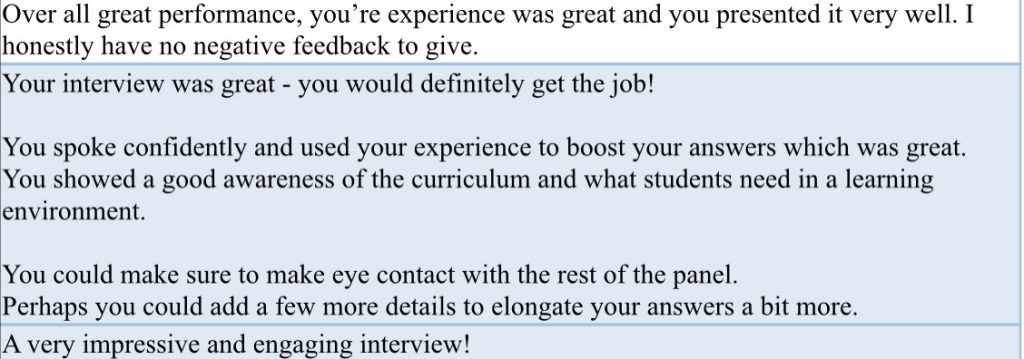

However, this is a double-edged blade as it is also my biggest criticism. I feel the need to talk about as many incidents in school as I can, to show off the experience I have gained. In an article I read “Sometimes candidate are so excited and passionate about a position or the work they’re doing that they talk, talk, talk without taking a break to check-in with the interviewer.” (Moore 2018). This leads to lots of short answers, that are not fully fleshed out, and can perhaps lack the substance that my interviewers are looking for. Worth writes “balance between being too personal in a professional context is always a tightrope, but it shows that sometimes it can be the spark that stands out.” (Worth, 2021). I believe I would’ve fallen off the tightrope, I needed longer, more drawn-out answers, rather than lots of short snappy stories from the classroom. To better portray my knowledge and experience, in longer more thoughtful drawn-out answers.
Analysis
Throughout the interview I knew that passion was the point I was really trying to deliver. My prep laid the seeds and the STAR technique let my interview grow and flourish. The experience allowed me to look at my future self, post PGCE Thomas looking for a job in the real big bad world. The situation was made much clearer by the instant evaluation of my peers, as well as my self-evaluation. This allowed me to instantly reflect of my emotions at the time. It allowed me to realise that no matter how much preparation I put in beforehand, it all comes down to the interview. The information is in my head, it’s all about how I present it, no rambling or wild tangents, thoughtful, concise answers, flowing from the STAR technique.
Conclusion and Action Plan
Ultimately this experience has proven to be invaluable. Hearing from my peers allowed me to immerse myself in the interview setting, without the real consequences. But not just my peers, but myself evaluation, proved priceless, this is the first time in my life I have sat an interview and actually thought deeply about it (normally I crawl up into a ball and try to forget). I learnt more about self-reflection, and how crucial it is in improving yourself. From now on I know not to speak in bullet point stories, instead I need to develop the use of STAR and flesh out my scenarios and make them work with the question. I need to slow down and think before I let my Speedy Gonzales mouth run away with itself. I will continue to prepare the same way I do now, voice notes and flash cards, and approach interviews with the same levels of confidence. However, my answers will be drawn out, homing in on the core aspects of the questions asked. This will be achieved throughout my preparation; I will pick three or four scenarios and write about them in length. If I have set stories in my preparation that won’t allow for rambling or going of in tangents. Overall, a crucial insight and a massive help into the interviews that I will be sitting in the not-so-distant future, and definitely not the last time ill be sitting in the Hot Seat.
Bibliography
[1] https://www.preplaced.in/
[2] Admin in Recruiting & Retaining Talent (2019) 15 Interesting Recruitment Facts,
Available at: https://www.collingwoodsearch.co.uk/our-insights/recruiting-retaining-
talent/15-interesting-recruitment-facts/
Doyle, Alison. “How to Prepare for a Job Interview.” The Balance Careers. 2022.
Hallahan, Grainne, and Dan Worth. ‘Teacher Job Interviews: 6 Ways to Stand Out’. 2021.
Moore, Emily. “Interviews: The Dos and Don’ts of Showing Passion in an Interview.” Glassdoor. 2018
Murphy, Kevin G. “The Panel Interview: What to Expect and How to Prepare.” BMJ: British Medical Journal, vol. 350, BMJ, 2015
You May Also Like
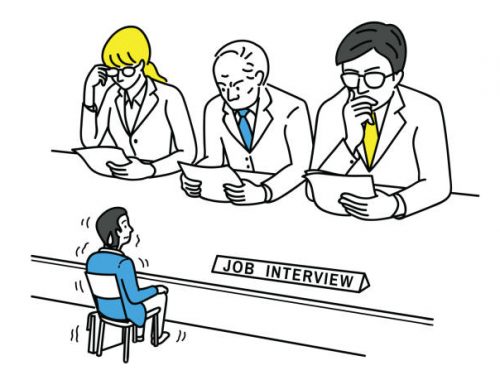
Simulated Interrogation
18 February 2022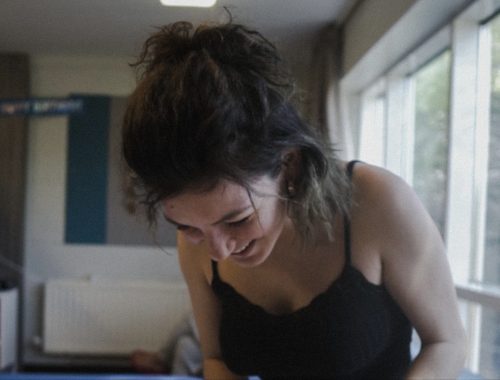
Surprisingly Worthwhile
18 February 2022
